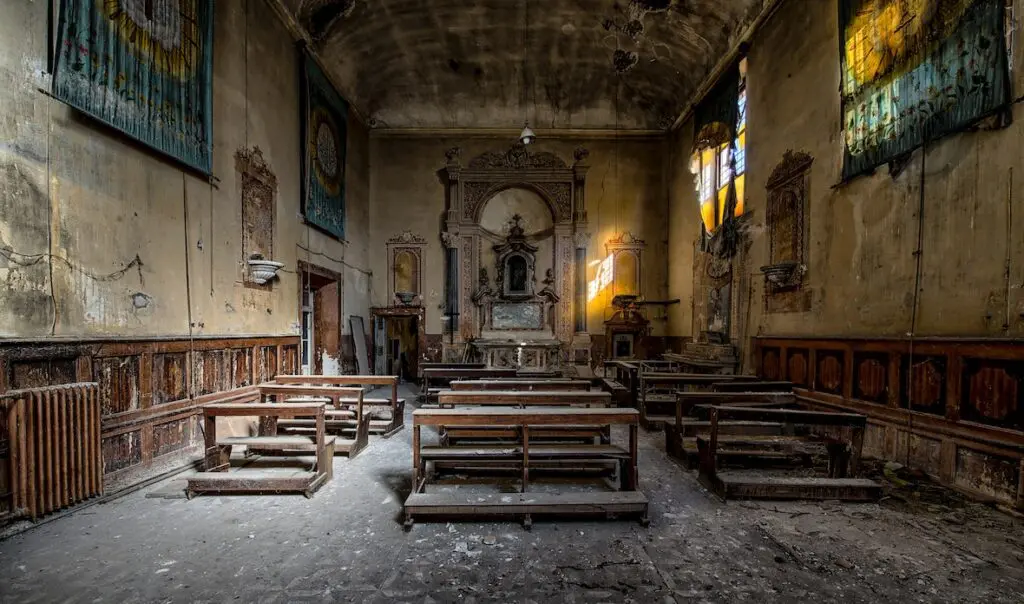
Disembodied Church and Zombie State
While the soul—like the Church—is indeed immortal, neither the body nor the State are. The zombie governments of this world shall continue to bounce off each other until they rot completely.

While the soul—like the Church—is indeed immortal, neither the body nor the State are. The zombie governments of this world shall continue to bounce off each other until they rot completely.

Alternate histories, by showing what could have been—and might yet be—treat the past as a traversable terrain.
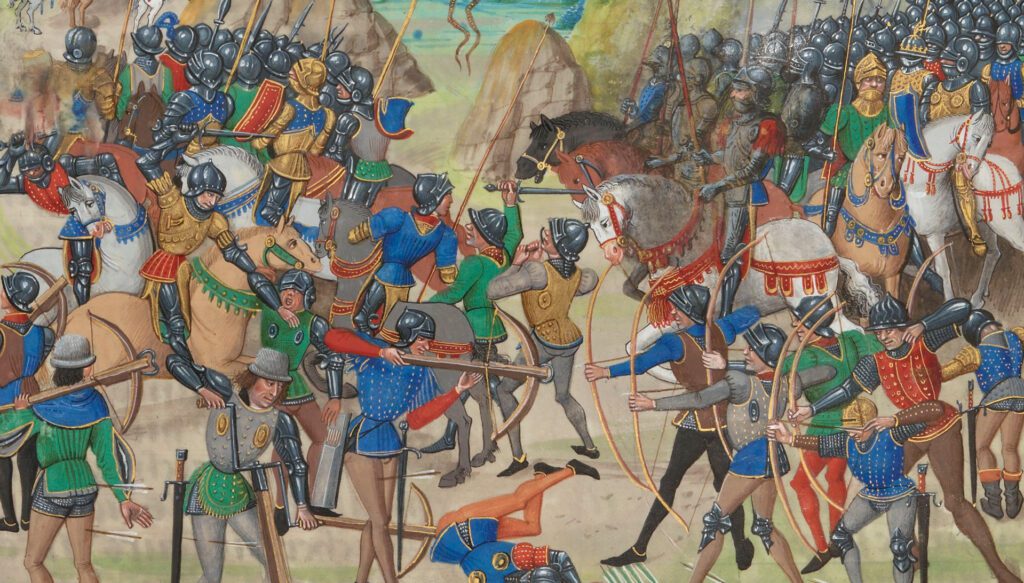
All (good) philosophy begins with experience of reality—and such experience is the fundamental prerequisite for good archery.
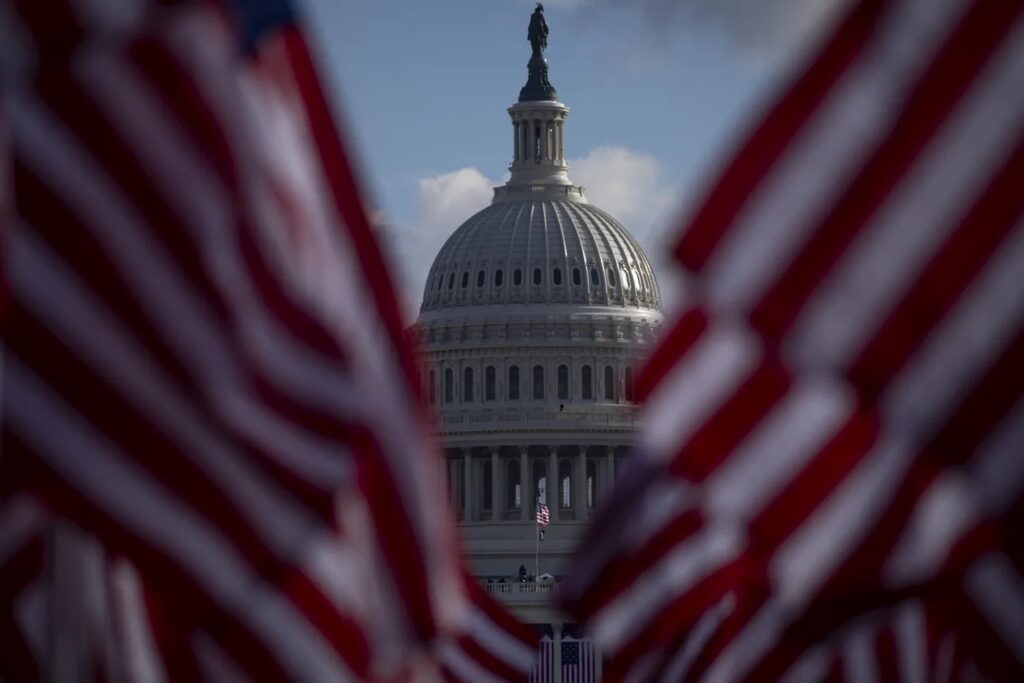
The ‘Deep State’ is not some murky entity, hiding in the shadows; it is on full display, a former intelligence officer insists.

Archery, the Japanese have long believed, supplements the interior journey towards a state of wisdom, a journey that to some degree we must all undertake if we are to avoid becoming a nuisance to others.
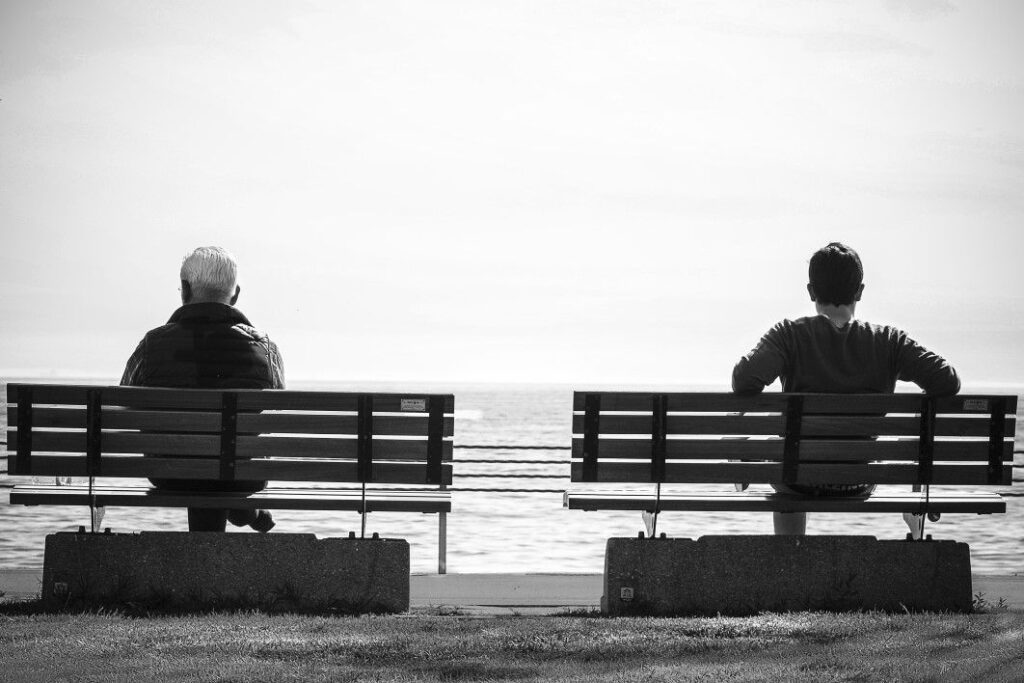
It is as if, in the boomer-con’s mind, liberalism is a ‘nice principle’ that ought to temper the ‘nasty but necessary principle’ of conservatism. Young-cons, however, don’t identify liberalism with niceness at all.

Archery takes that great inheritance of which we’ve been robbed and retrieves it in distilled and concentrated form.

In a country that’s been binge-drinking at the font of liberty for a half-century, the American New Right is betting that the hangover is setting in.
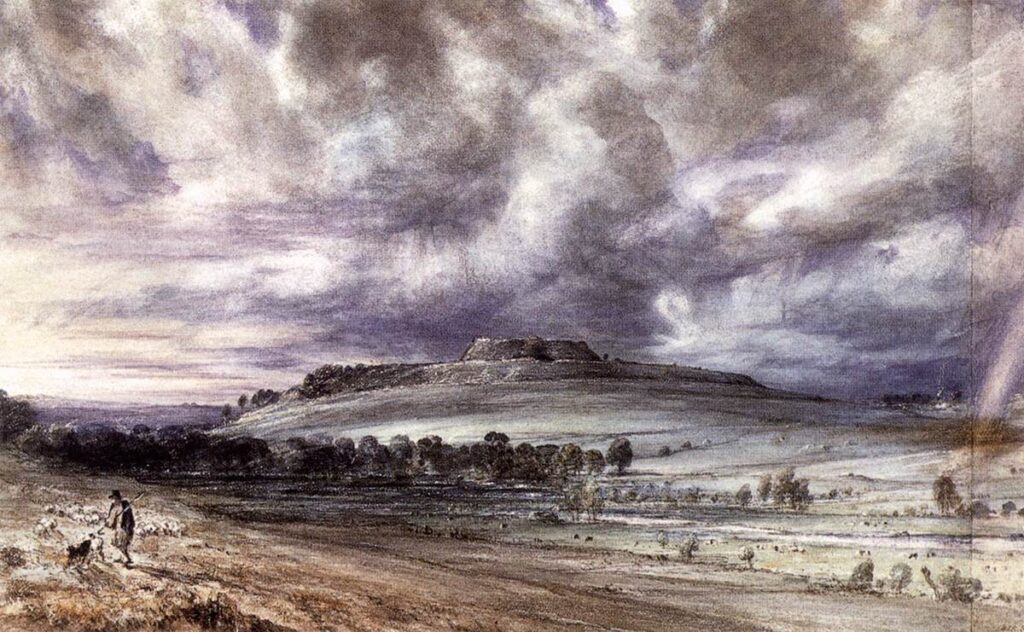
It is no wonder that the countryside and small towns have always remained a bastion of traditionalism, naturally suspicious of progress and resistant to change.
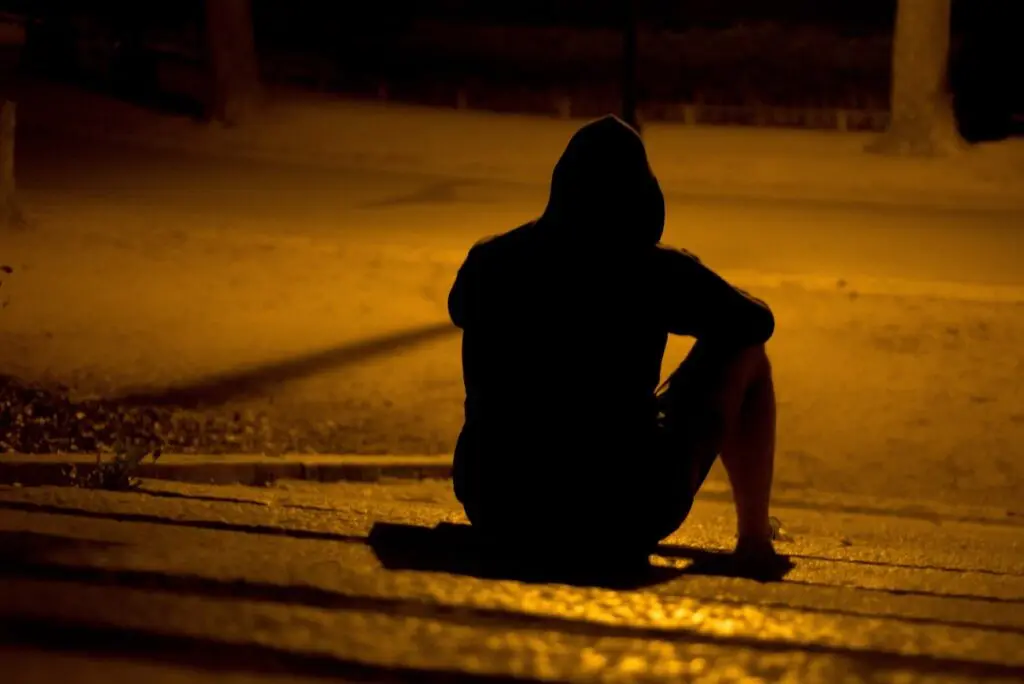
There is a dark fascination with incels in our culture, but narratives surrounding these disenfranchised young men fluctuate between the sensationalist and the downright stupid.
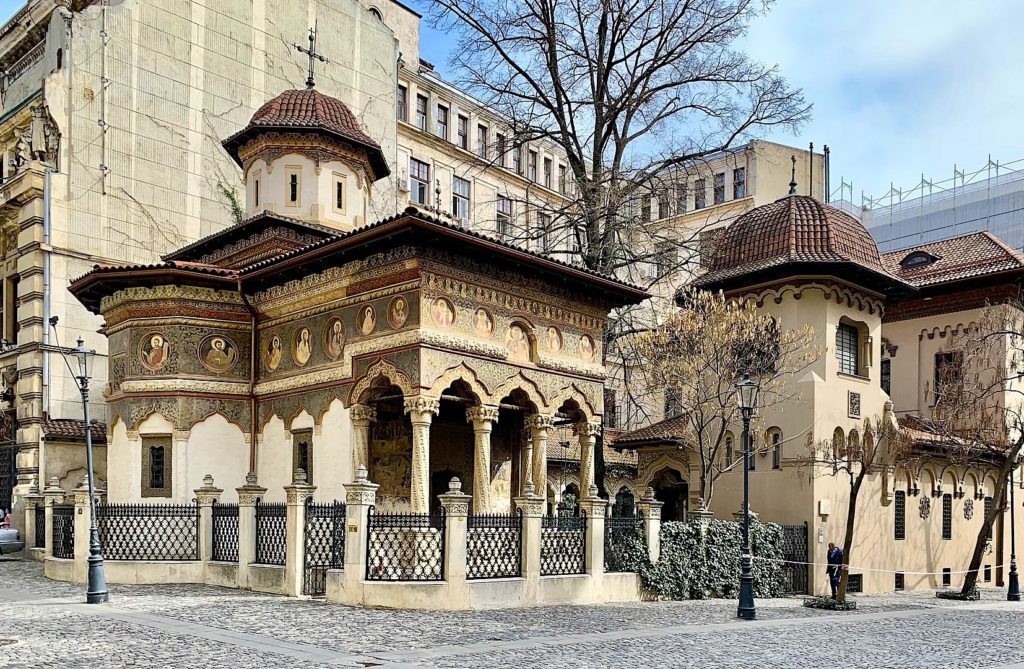
Streets in Bucharest are lined with decaying neo-Brâncovenesc buildings. Instead of restoration, city-planners are heaping rubbish upon rubbish, building the same junk that has ruined cities from one end of Europe to the other.
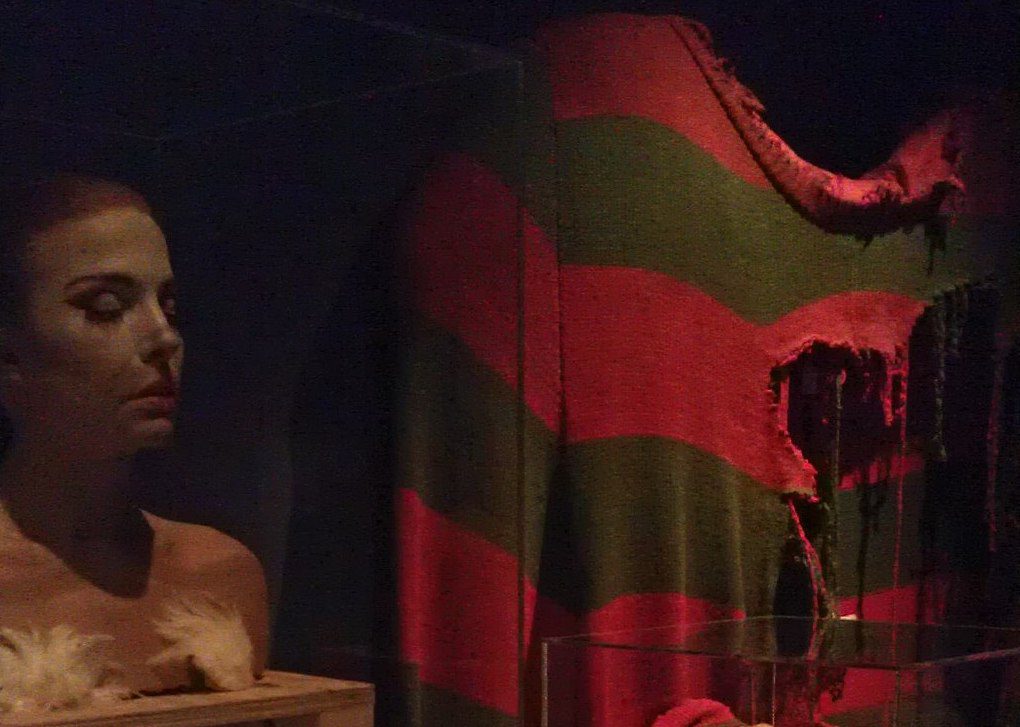
A realm grotesquely mimicking our own; a vale of psychic parasitism just beneath the surface. We consider the meaning of uncanny inversion in horror stories.

Locals have pulled back the curtain on the false promises of wind and solar, telling the dirty secrets of supposedly clean and green energy, and doing their best to form a democratic shield against technocrats and capitalists from Madrid to Brussels.
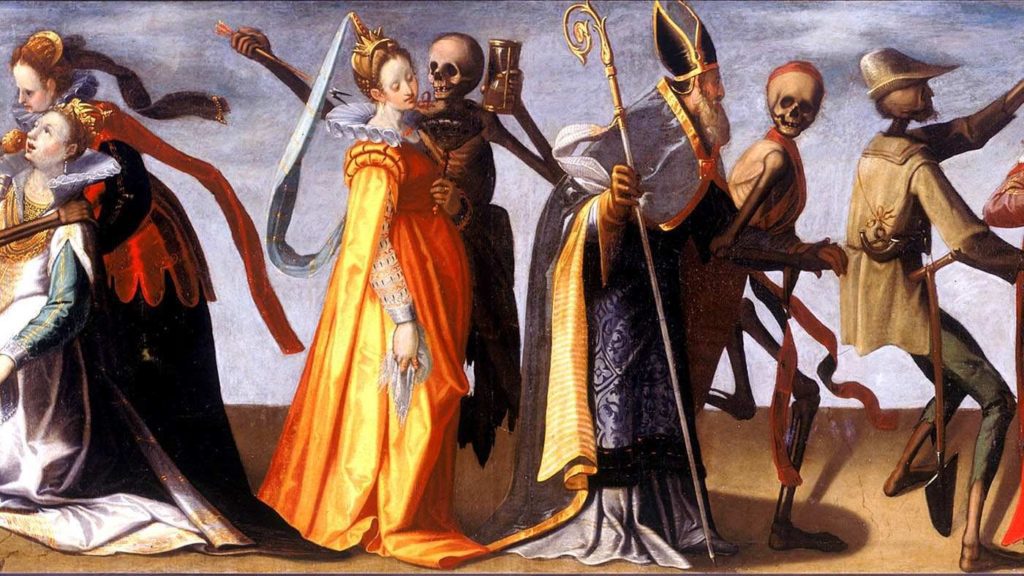
Sadly, most Christians and conservatives have forgotten the distinction between the macabre and the morbid. I believe that this is regrettable, because a small dose of the macabre—such as Christians used to take at Hallowe’en—is a potent tonic against the delusions of late modern liberalism and their disastrous effects.
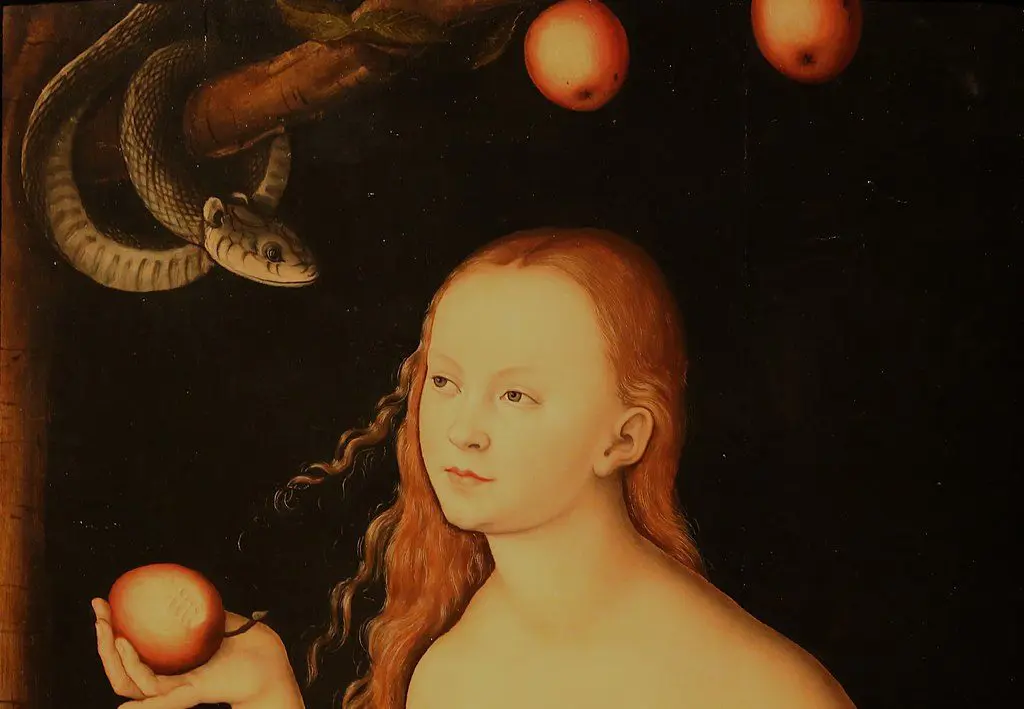
The picking of the apple in Eden was not a proper use of freedom but the contrary—an action that submitted reason and will to a higher power that does not have mankind’s best interest in mind.
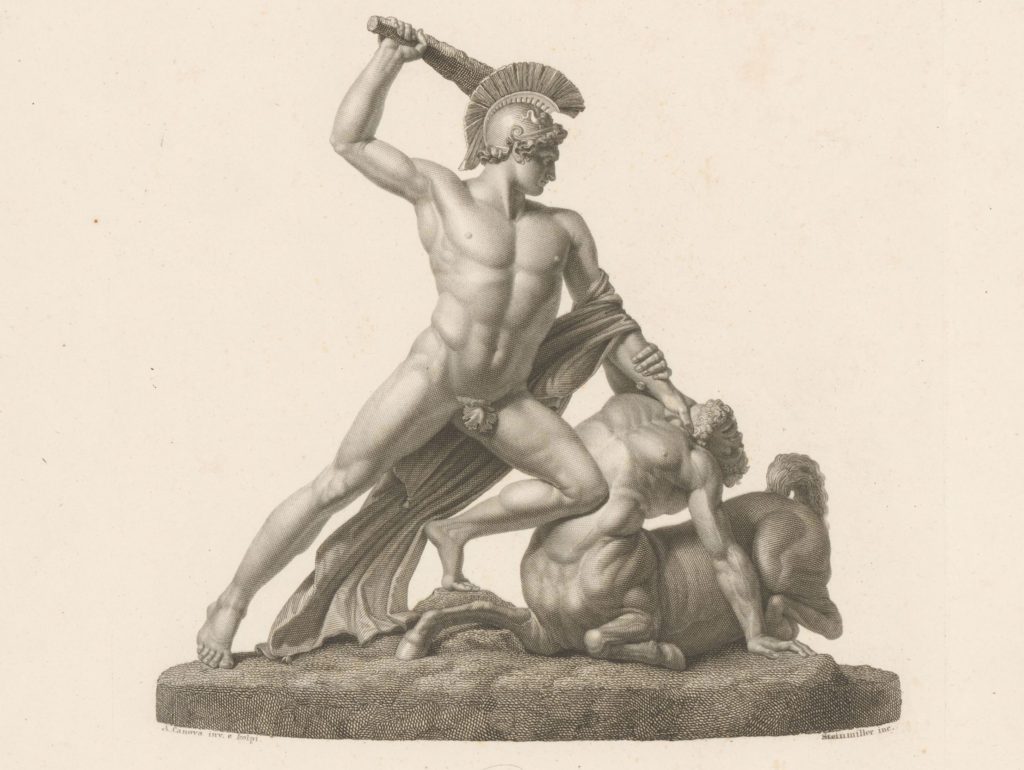
Names are important, and the name ‘conservative’ is important if we are not to forget who we are and what we strive for. Conservatives are not merely reactionaries. We affirm something. We affirm our civilisation and we want to conserve it.
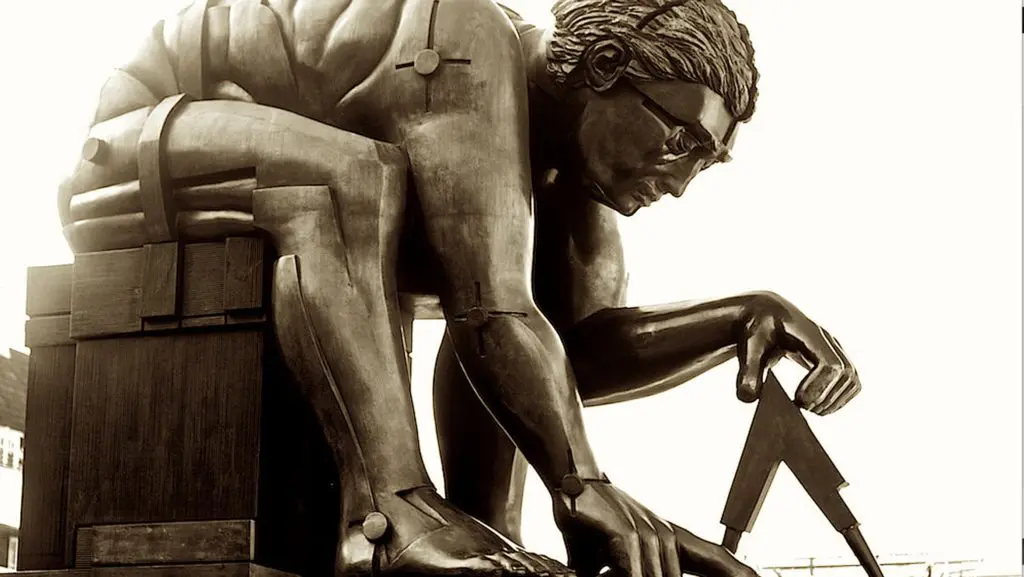
When a culture loses the capacity for faith at all, be it religious or secular, and falls into a pit of relativism, it produces scientists all too willing to yield to the shrill demands of noisy, impassioned political activists.
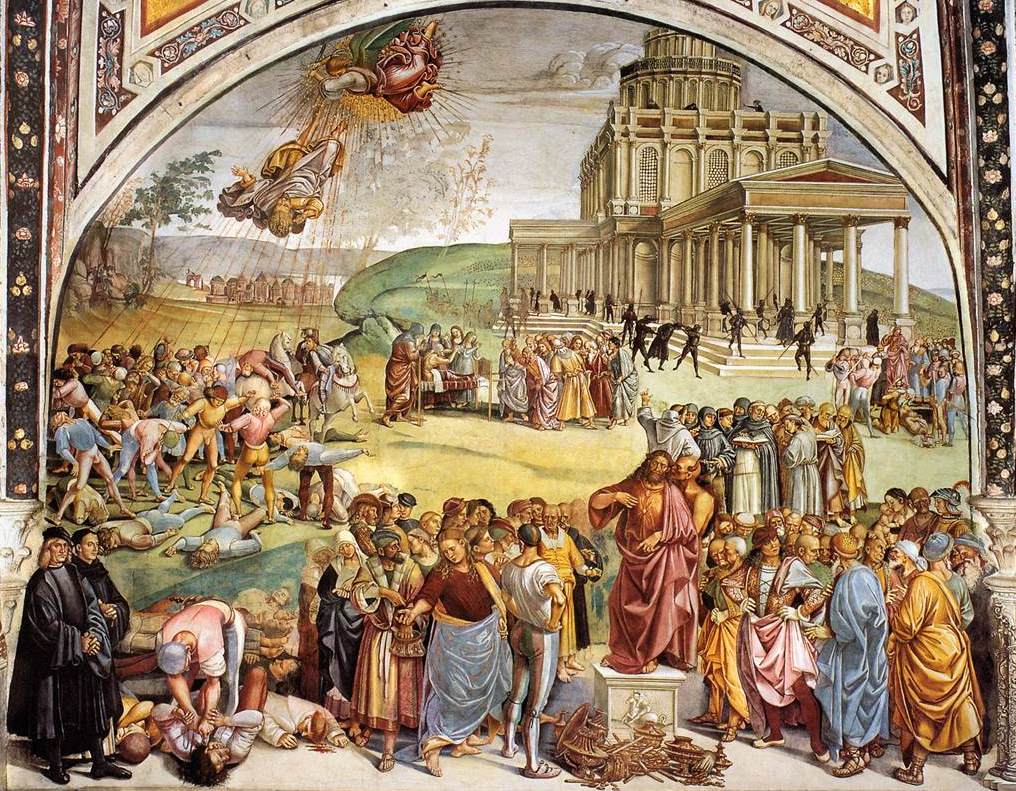
Christians, whatever their religious divisions, should work together to undermine and ultimately destroy the liberal and progressivist supremacy that dominates the West, recognising that it marks a settlement incompatible with even a basic Biblical worldview.
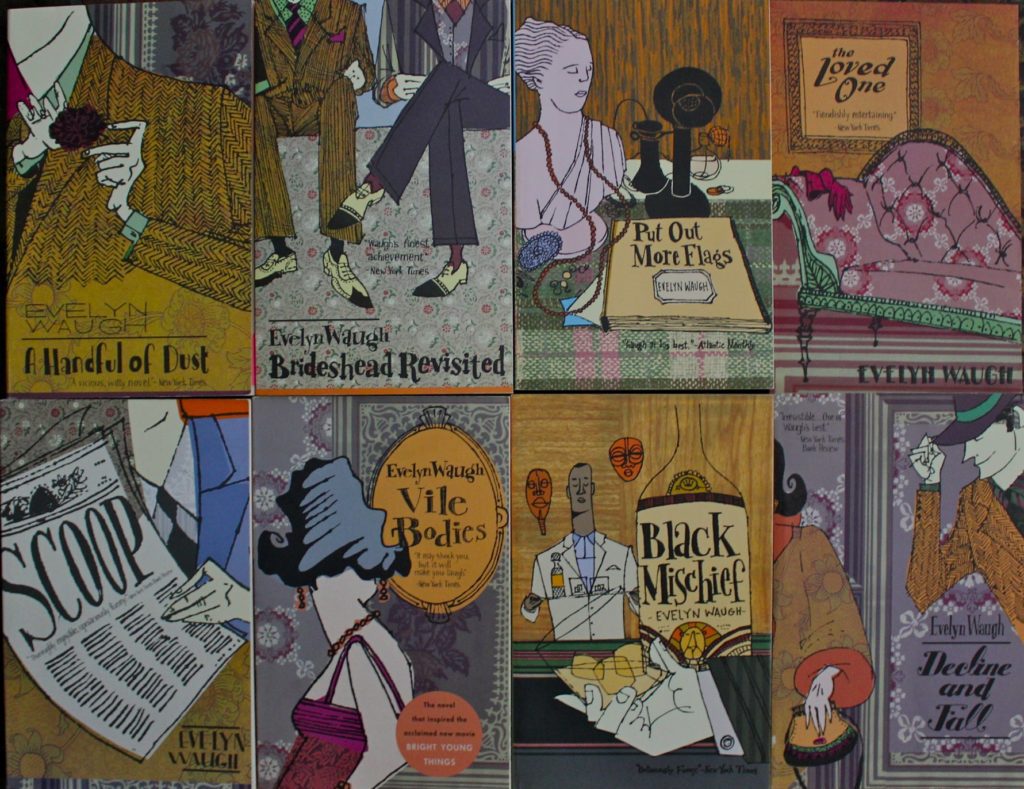
There is far more to Waugh than first meets the eye, and no matter how great the gulf between his era and ours, readers who delve into his work can discover not only a supremely gifted literary craftsman, but an extraordinary soul and intellect as well.

Orbán’s realpolitik has always been rooted in the defence of Hungarian national interests and sovereignty; not to undermine the West but to steer it towards a more responsible and sustainable direction.
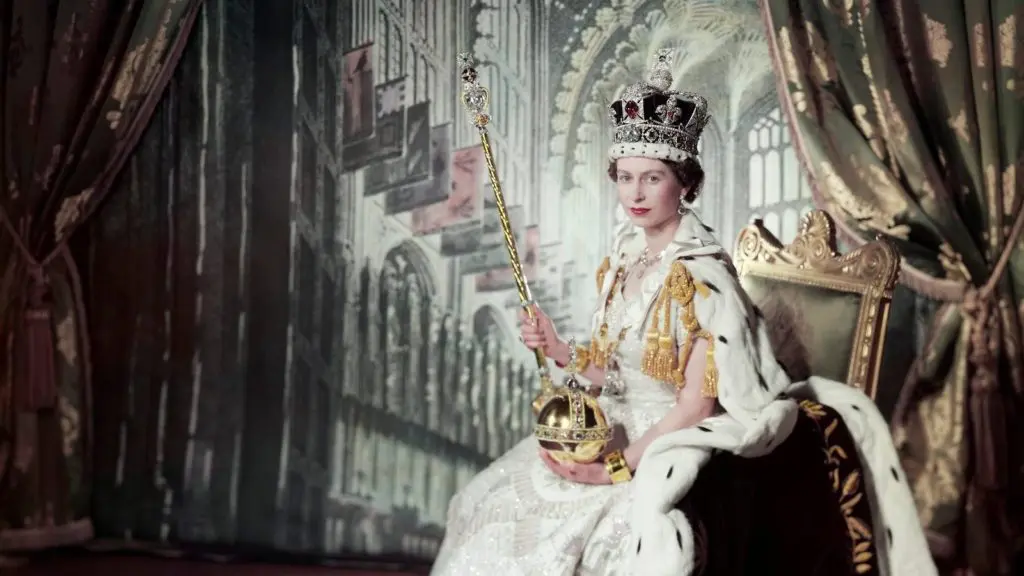
What inspired her vow to uphold the ideal of the knight-like servant-monarch? In part, the answer is: her parents. Happily and faithfully married, the Queen’s parents had a deep Christian faith. This faith bore fruit.
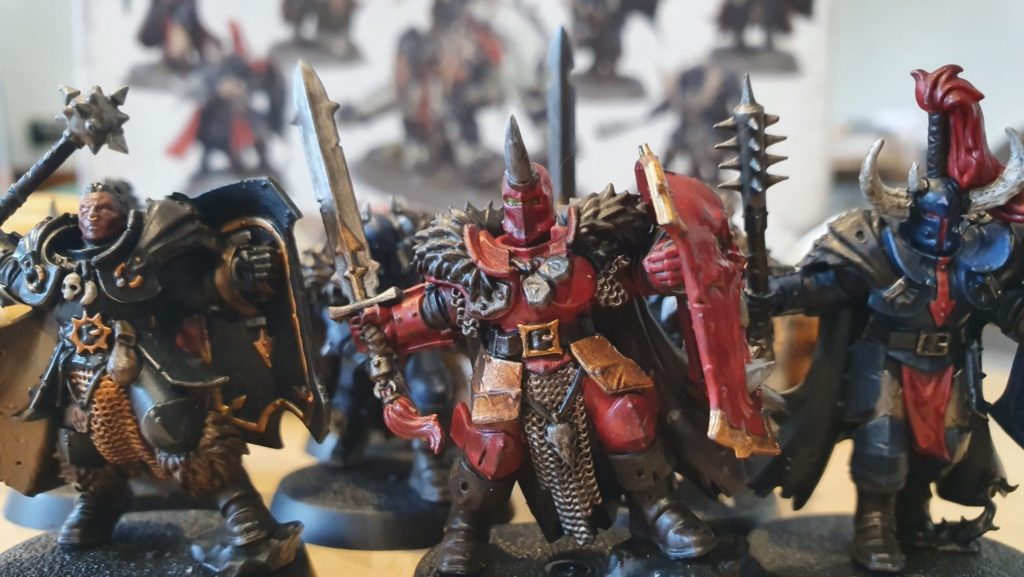
The initial sense of accomplishment gave way to the realisation that it was like completing Guitar Hero on the hardest difficulty—only to consider your time would have been better spent actually learning to play the real instrument.